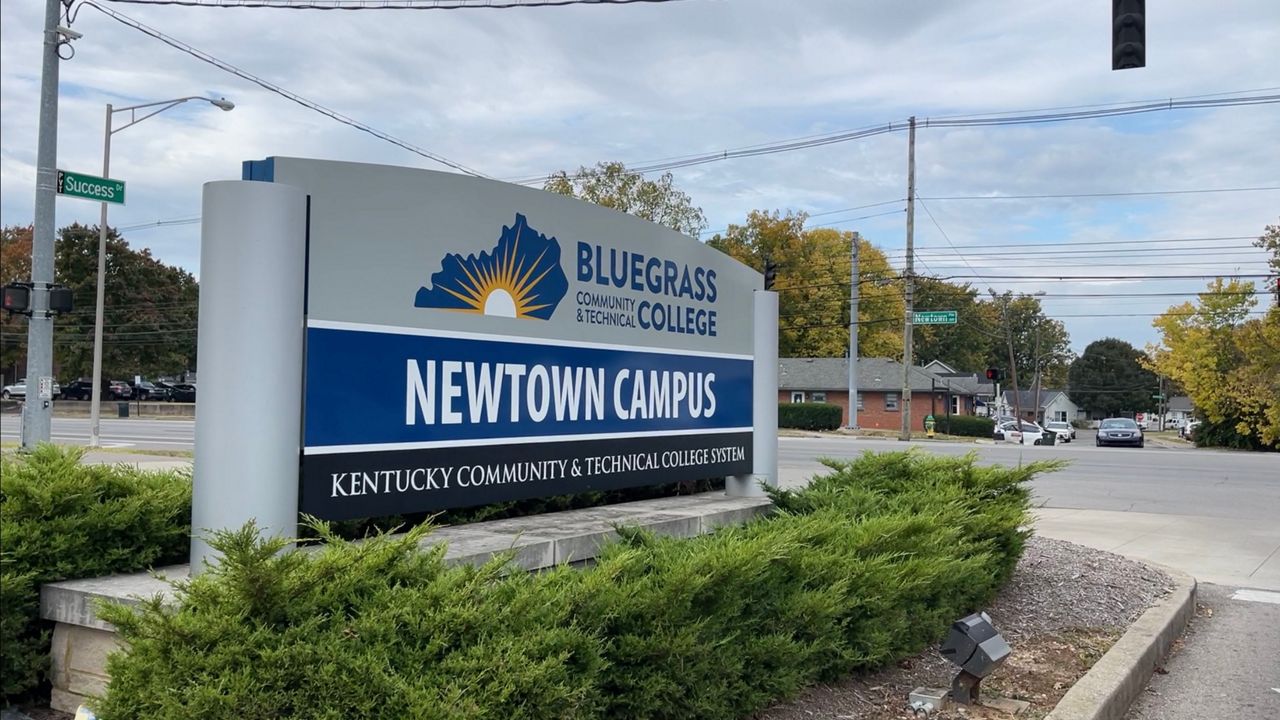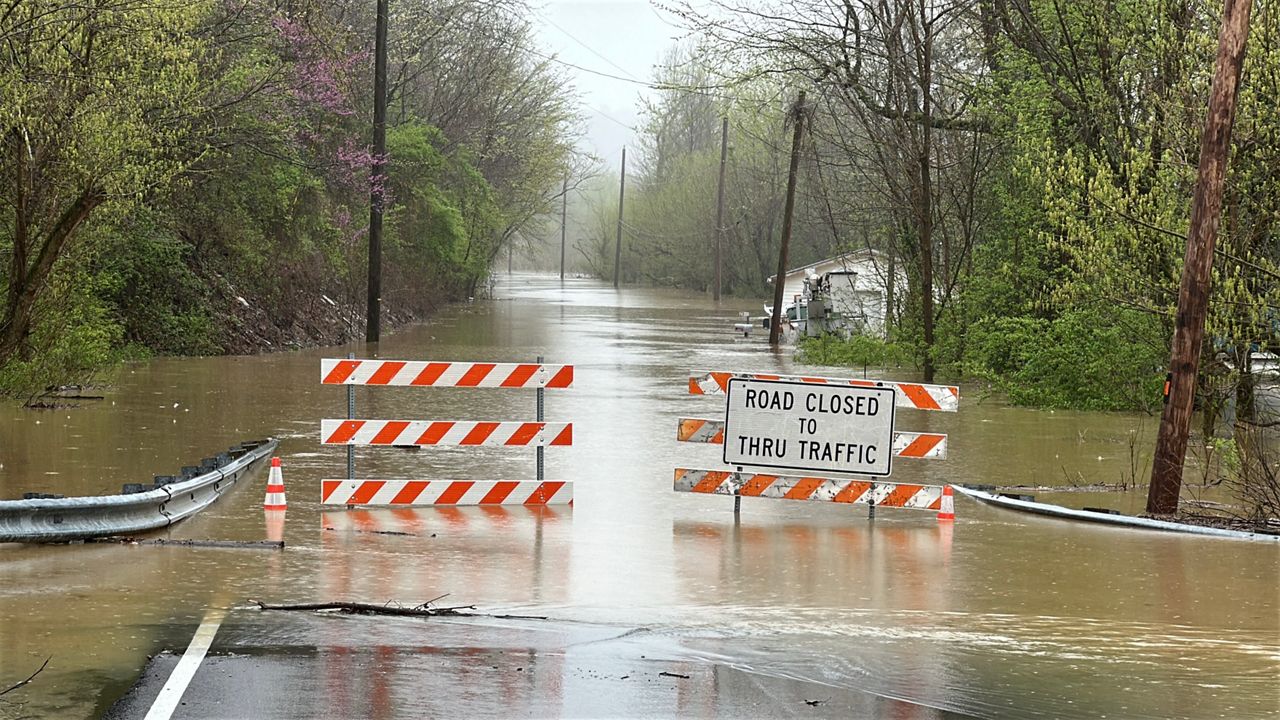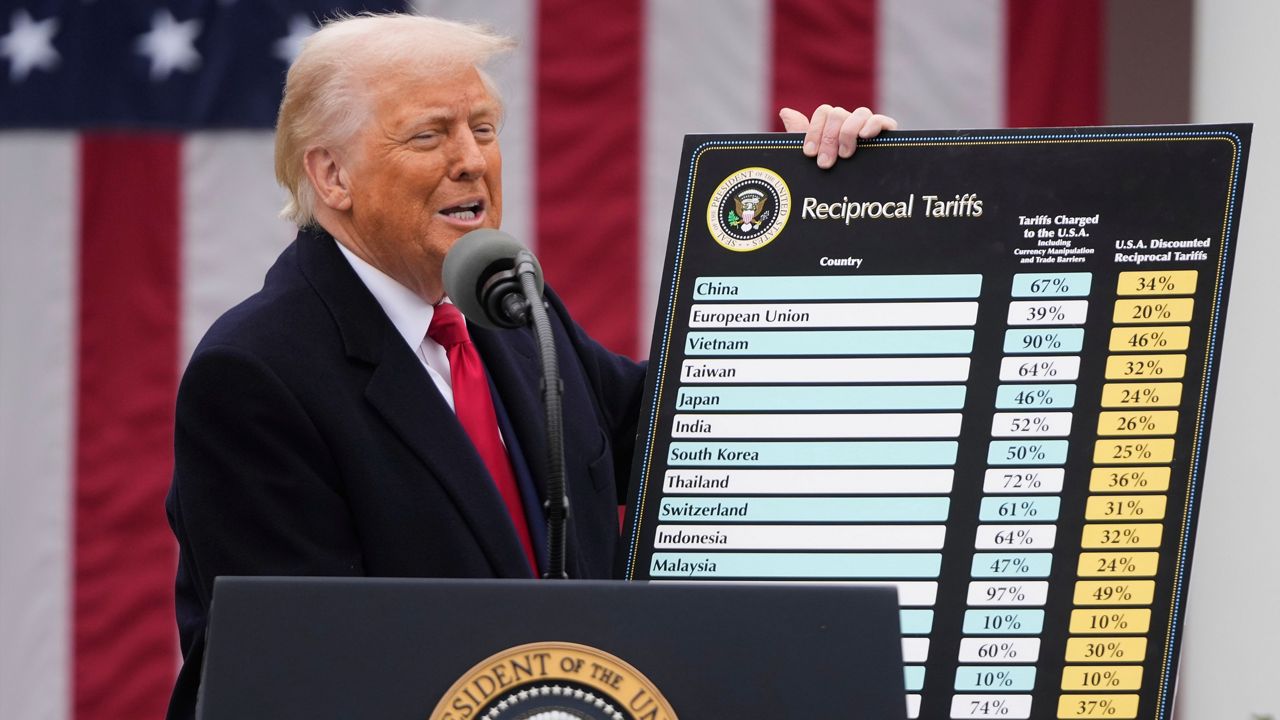JEFFERSONVILLE, Ind. — Tree of Life Family Birth Center in Jeffersonville, Ind., sits just over the Kentucky border.
The center has delivered nearly 700 babies in five years, including 14 this month, according to nurse midwife and administrative director Elizabeth Quinkert.
“A freestanding birth center is similar to an ambulatory care center, and that’s how we’re licensed in the state of Indiana under those licensing laws,” she said. “It’s an outpatient place that you can come and have your baby. We don’t do any type of medical interventions here.”
The center, which includes birthing suites with beds and tubs, is located directly across the street from a hospital emergency room. According to Quinkert, emergency transfers are rare.
“If there’s anything at all that we’re concerned about with them prenatally or during their labor that might jeopardize them or the baby during the birth process, we’re going to transfer to the hospital and have that birth over there where we have more access to other people and services that might not be offered here, such as C-sections,” she said.
More than half of the center’s patients come from Kentucky, Quinkert said.
Mary Kathryn DeLodder testified Monday in support of legislation that would remove barriers to having these types of facilities in Kentucky. She is a Kentucky mother and Kentucky Birth Coalition director.
According to the coalition’s presentation citing the American Association of Birth Centers, Kentucky doesn’t have any of the centers, but every state bordering it does.
That’s, in part, because Kentucky requires a certificate of need — proof that the facility is necessary — according to supporters.
DeLodder said she supports legislation that would require accreditation by the Commission for the Accreditation of Birth Centers and exempt birth centers from the certificate of need requirement.
“It’s important to me because I think that we need more birth options,” she said. “Definitely, if I had had a birth center option available when I was looking to plan my first child’s birth, I would have absolutely researched it and I know that we have lots of families in Kentucky who want this option.”
Some people in the medical community told lawmakers they aren’t opposed to the centers. They said they’re opposed to, what they called, “weakening” of licensing standards. They said it would put patients and babies at risk.
“If a complication during birth arises, the birthing center, we feel, must be located either within a hospital, connected to a hospital, or in very close proximity to a hospital because a quick transfer from the birthing center to the hospital is going to be critical to the life and health of the mother and child,” said Nancy Galvagni, president of the Kentucky Hospital Association.
Galvagni said that the standards called for in the proposed legislation do not require a freestanding birth center to have a written transfer agreement with a hospital.
Rep. Jason Nemes, R-Louisville, is a co-sponsor of the legislation. Nemes said birth centers already have to get licenses to prove that they’re safe and claimed opposition to the legislation is more about “market protection” than safety.
Bipartisan legislation on the issue cleared both House and Senate committees earlier this year.
Senate Majority Floor Leader Damon Thayer, R-Georgetown, said the Senate didn’t have the votes last session to pass it.










